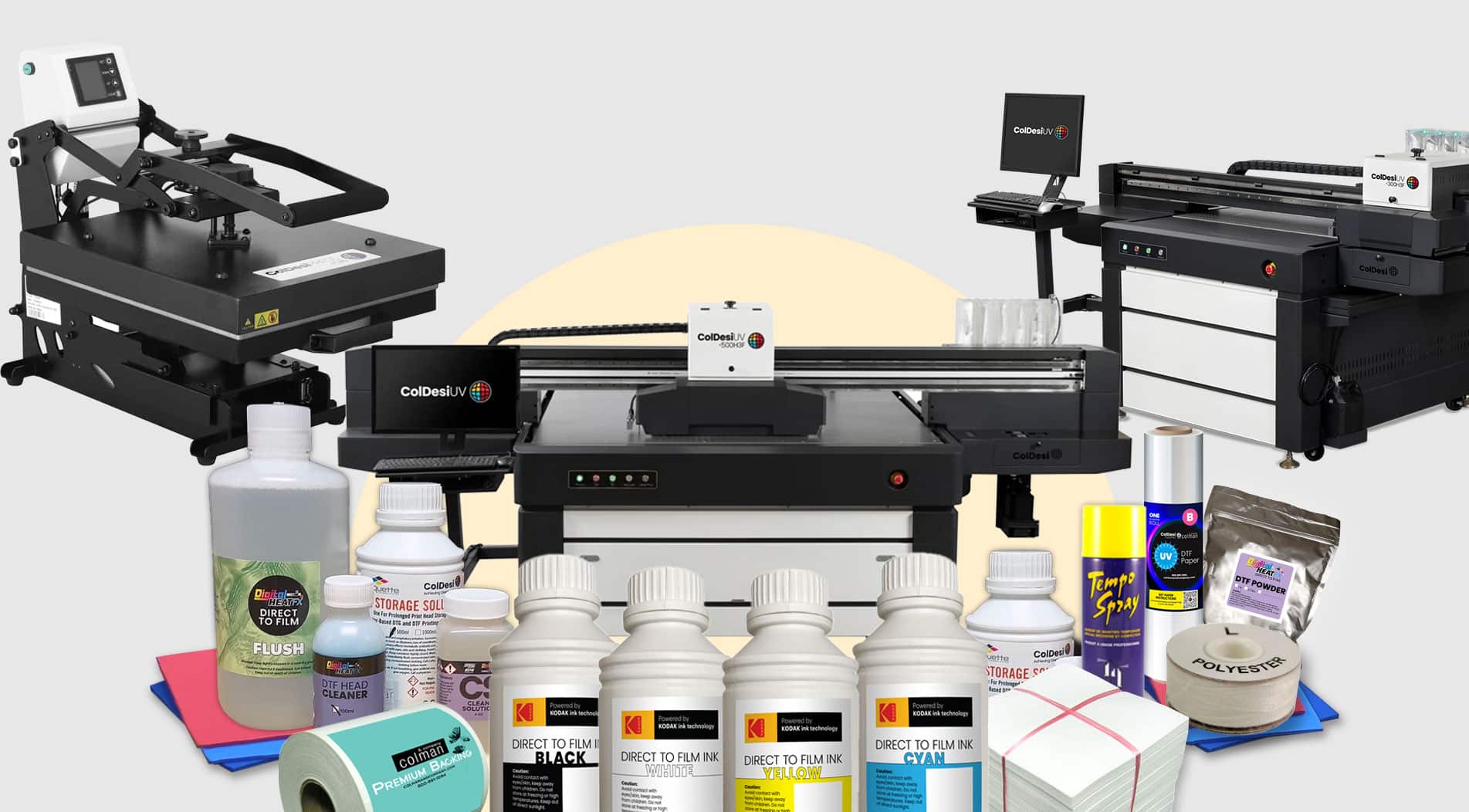Many California residents dream of starting their own business; few actually take steps to making it a reality. If you are ready to dive into entrepreneurship, congratulations! This decision to set up shop, either with rhinestone apparel decorating from home, an online T-shirt shop, a brick-and-mortar embroidery business or any other small enterprise, already puts you far ahead of the average person. One of the great things about living in California is anybody can create their own small business, from either home or out of an office, as long as they pay the required registration and licensing fees. There will be some initial challenges, like raising funds and marketing your product and brand, but with a little planning and resourcefulness, the chances are better for your success. We learned some of the following in opening our new demonstration and training office for CAMS Rhinestone Machines, DTG Direct to Garment Printers and our Rapid Labels Inkjet Label Printers in Santa Ana. You’re welcome to schedule a demonstration of these great small business starters with us. Find out the basic Ideas of Embroidery in this article on Wikipedia Web Site. The steps to start a small business in California:
- First, you need a business plan, outlining the service or product you want to sell. Include potential customers and price points, as well as projected revenues and goals for your operation. You need a way to describe your business to others, an essential step for obtaining financing either through banks of investors.
- Register the name of your business with the county clerk’s office of the region you will be doing business.
- Contact both the Internal Revenue Service (IRS) and the California Department of Revenue to submit your business for federal and state taxation. There is no cost to register with the IRS for an Employer Identification Number (EIN). An employer account number from the California Employment Development Department is needed for state payroll taxes, prior to hiring any employees to make sure there is the right information on any checks issued.
- Record your business with both the Franchise Tax Board and the State Board of Equalization to pay the appropriate business taxes. The Franchise Tax Board is in charge of tax payments from franchises and other interstate businesses while the State Board of Equalization supervises other excise taxes—like alcohol and tobacco.
- Pick a place where you will do business. You can choose your company headquarters with the help of the California Business Investment Services. Often there are certain tax credits and financial incentives from local governments that will help if you want to have a location away from home.
- Apply for a business license town or city in which you anticipate doing business.
- Inquire about any health, building or other permits from local governments in California. This is best accomplished through the California Government Online to Desktops (CalGOLD) Website. CalGOLD has a searchable database by industry, county and city categories to help locate necessary permits for your small business.
- Connect with small business organizations and the local Chamber of Commerce before opening your doors. Joining both the Business California and the California Small Business Association for discounts, networking opportunities and business tips in your industry.
A few extra hints to help you get your business off the ground:
- Connect your small business to trendsetting companies in California; it will help increase interest and exposure to potential customers. For example, if you are starting a direct-to-garment printing company, you can contact local clubs or bands for a source for interested buyers. Partnering with the latest rising restaurant to provide promotional materials can be excellent publicity for both you and your client.
- If you need to work with chemicals or hazardous materials, all staff members must be aware of proper disposal methods and other requirements set by California’s pollution control regulations. There is nothing that can harm a fledgling business more than thousands of dollars in fines and unwanted exposure if you or a staff member is found breaking California environmental protection laws.
This article is meant to be informational only. You should consult local, state and federal regulations to ensure you are in compliance.




